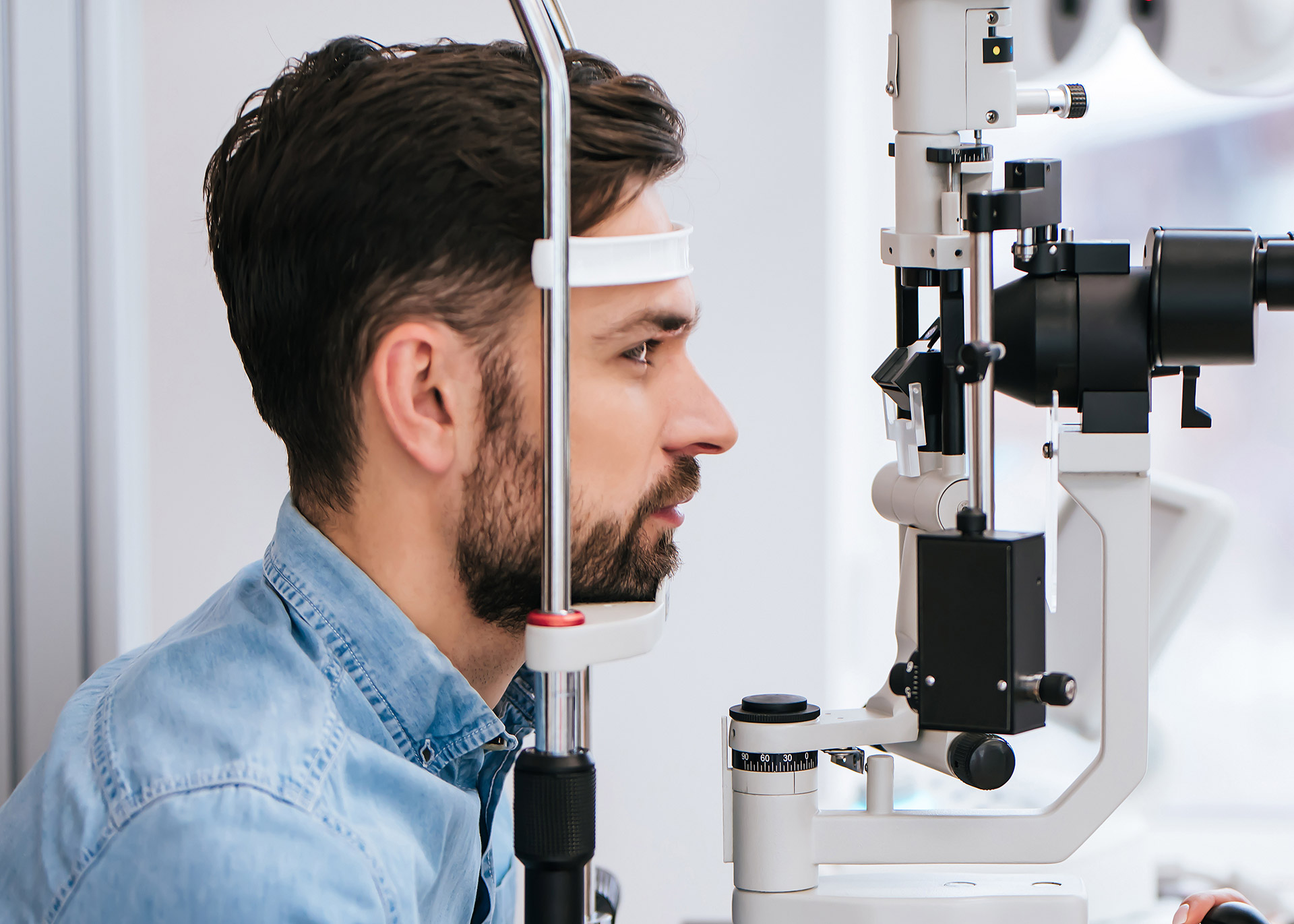Request an Appointment
(703) 719-2040

Lattice degeneration refers to abnormal thinning of the peripheral retina and is estimated to affect close to 10% of the population. It's characterized by atrophied oval-shaped or linear retinal patches with sclerotic vessels that give the disorder its lattice-like appearance. Although its presence can increase the risk of retinal tears, breaks, holes, and detachment, most individuals with the condition do not experience complications.
Because lattice degeneration involves peripheral retinopathy, it does not affect a person's central vision. With that said, many individuals with this condition remain unaware of its presence. It's typically only discovered during a dilated eye exam.
However, when a retinal tear or detachment associated with lattice degeneration occurs, symptoms can include:
Lattice degeneration can affect one or both eyes but is most often present in both eyes. Although the cause remains unknown, the condition tends to run in families and is more prevalent in nearsighted individuals.
Since most cases of lattice degeneration remain minimally progressive and asymptomatic, there's often no treatment beyond regularly monitoring the condition with dilated fundus exams. Laser therapy can strengthen the retina where it is weak and, when needed, can be used to address tears or detachment.
If you are diagnosed with lattice degeneration, the most important actions you can take to protect the health of your eyes are to visit your eye care provider on a regular basis and know the symptoms of a retinal tear or detachment so you can seek prompt treatment if needed.
